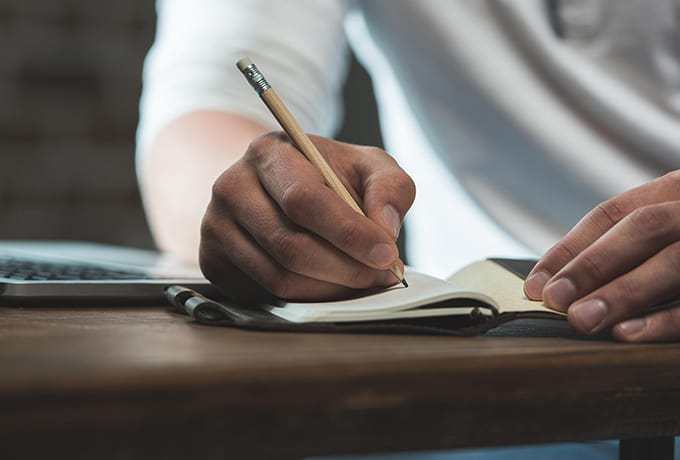How to break negative thought loops
We all worry at times, but what should you do when your thoughts spiral out of control into a negative thought loop?
Read moreA Crisis Assessment and Treatment Team (CATT) is a multi-disciplinary team that includes mental health nurses, social workers, clinical psychologists, and psychiatrists. CATTs are often based at a major hospital and provide help during a mental health crisis.

If someone’s life is in danger or there is an immediate risk of harm, call 000.
Crisis Assessment and Treatment Teams (CATTs) are multi-disciplinary teams typically based at a major hospital that provide help during a mental health crisis. A CATT team can include mental health nurses, nurse practitioners, social workers, clinical psychologists, neuropsychologists, and psychiatrists.
Depending on where you are in Australia, CATTs may also be called acute care teams, psychiatric triage, or psychiatric emergency teams.
A CATT team responds to urgent requests to help people who are experiencing a mental health crisis. CATT teams assess the situation and determine the best way to help the person. They can also refer the person to longer-term support if that is needed.
CATTs also work with other services, including the police, ambulance, alcohol and drug services, child protection, and community services where required.
If you think there is an immediate threat or risk of harm to yourself or others, call 000 immediately.
When someone is having a mental health crisis, calling a mental health triage service can help connect you to a CATT or similar service.
Below is a list of services by state and territory to help you access mental health crisis support.
ACT – Access Mental Health: 1800 629 354
New South Wales – Mental Health Line: 1800 011 511
Northern Territory – NT Mental Health Line: 1800 682 288
Queensland – 1300 MH CALL: 1300 642 255
South Australia – Mental Health Triage Service: 13 14 65
Tasmania – Access Mental Health: 1800 332 388
Victoria – Contact your nearest major public hospital or visit the Department of Health website
Western Australia – Mental Health Emergency Response Line: 1300 555 788 (Metro) or 1800 676 822 (Peel)
For the most up-to-date list of CATT and mental health triage services in your area, please visit the Healthdirect website.
If you are seeking help for someone in a crisis, you can also go to the emergency department of your local hospital.
Your local CATT service may vary depending on where you are located. However, you can usually expect the service to undertake an initial risk and assessment over the phone, and they may contact other treating practitioners. From the initial assessment, the CATT service will decide how to best support the person in crisis. The CATT service may assess the person’s current mental state, their psychiatric history, and what social support they have in place. They will work with the person involved, their family, and/or immediate carer to determine the best way to help.
When you call a CATT or triage service, you may be asked the following:
Further information or details may be required.
If someone’s life is in danger or there is an immediate risk of harm, call 000.
If you need to talk to a counsellor, call Suicide Call Back Service on 1300 659 467 or click on the floating chat button on the right to start an online chat.
If it is an emergency, dial 000.
We all worry at times, but what should you do when your thoughts spiral out of control into a negative thought loop?
Read more
A Crisis Assessment and Treatment Team (CATT) is a multi-disciplinary team that includes mental health nurses, social workers, clinical psychologists, and psychiatrists. CATTs are often based at a major hospital and provide help during a mental health crisis.
Read more
A suicide safety plan can help to keep you safe when you are low and feeling suicidal. Your safety plan will remind you of reasons to live and connect you with the people and services who can help during tough times.
Read more
Feeling suicidal can be an overwhelming and painful experience, but it is not something you have to bear alone. Asking for help is an important step towards getting the professional support you need.
Read more